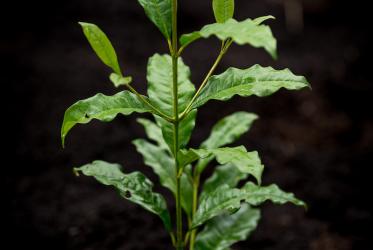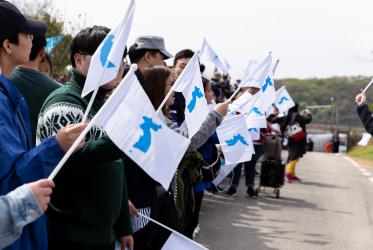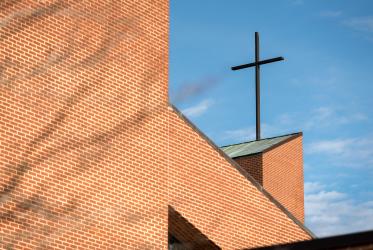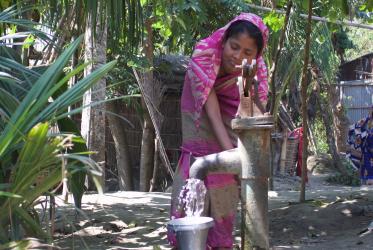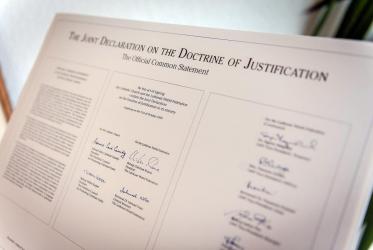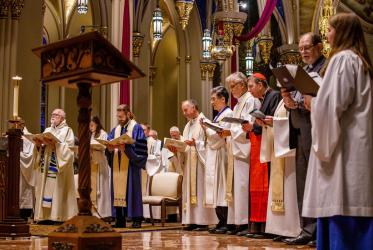Displaying 161 - 180 of 385
11 July 2019
WCC represented at G20 Interfaith forum in Tokyo
13 June 2019
WCC remembers lost colleagues
24 May 2019
WCC condemns massacre of farmers in Philippines
12 April 2019
Church in Bali empowers youth to break cycle of poverty
18 March 2019
Turning mercy and compassion into action
04 March 2019
